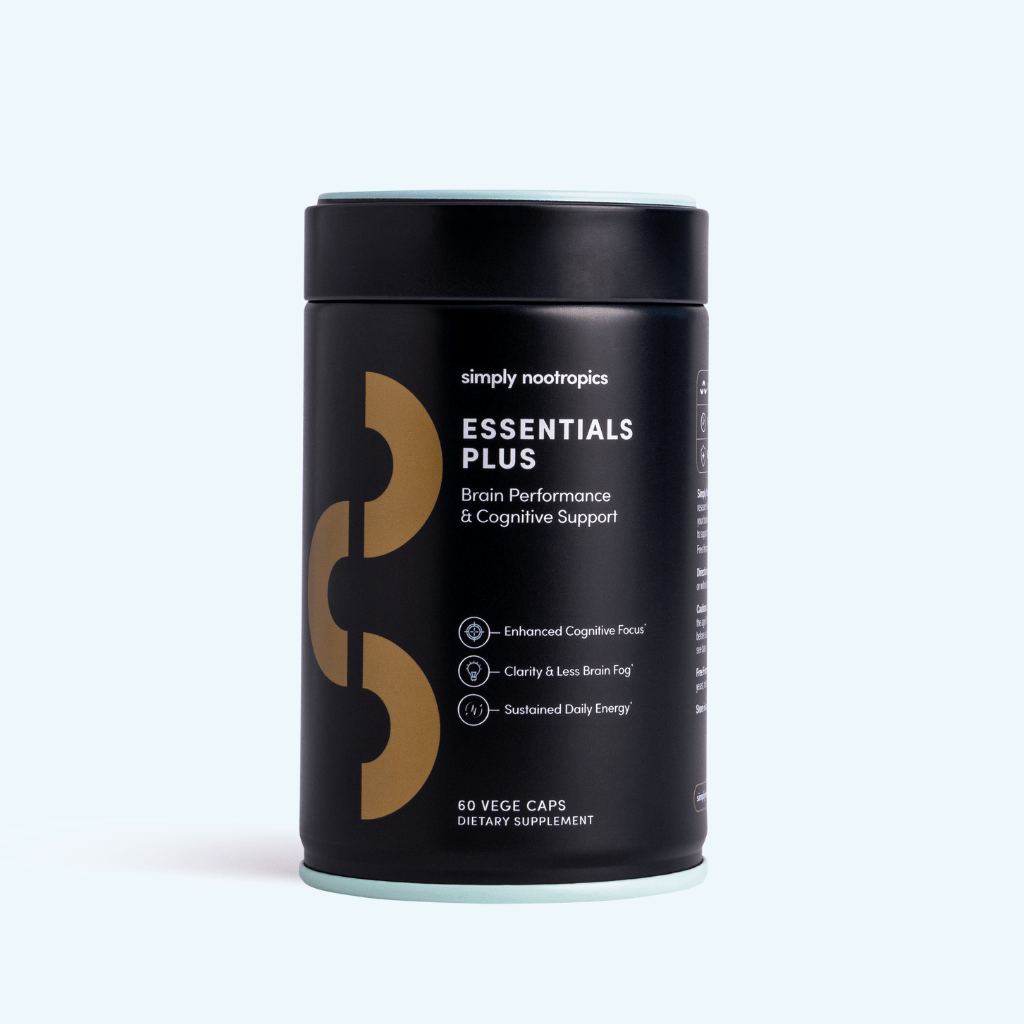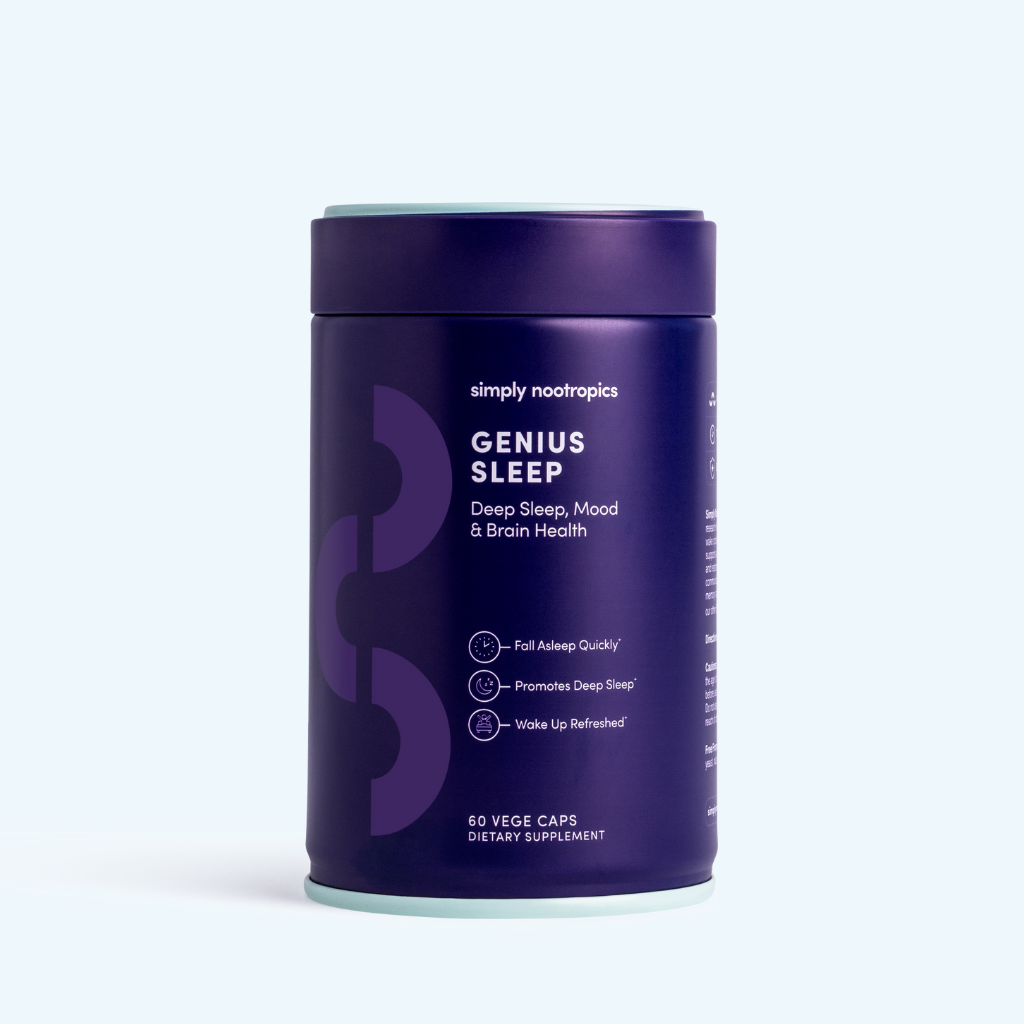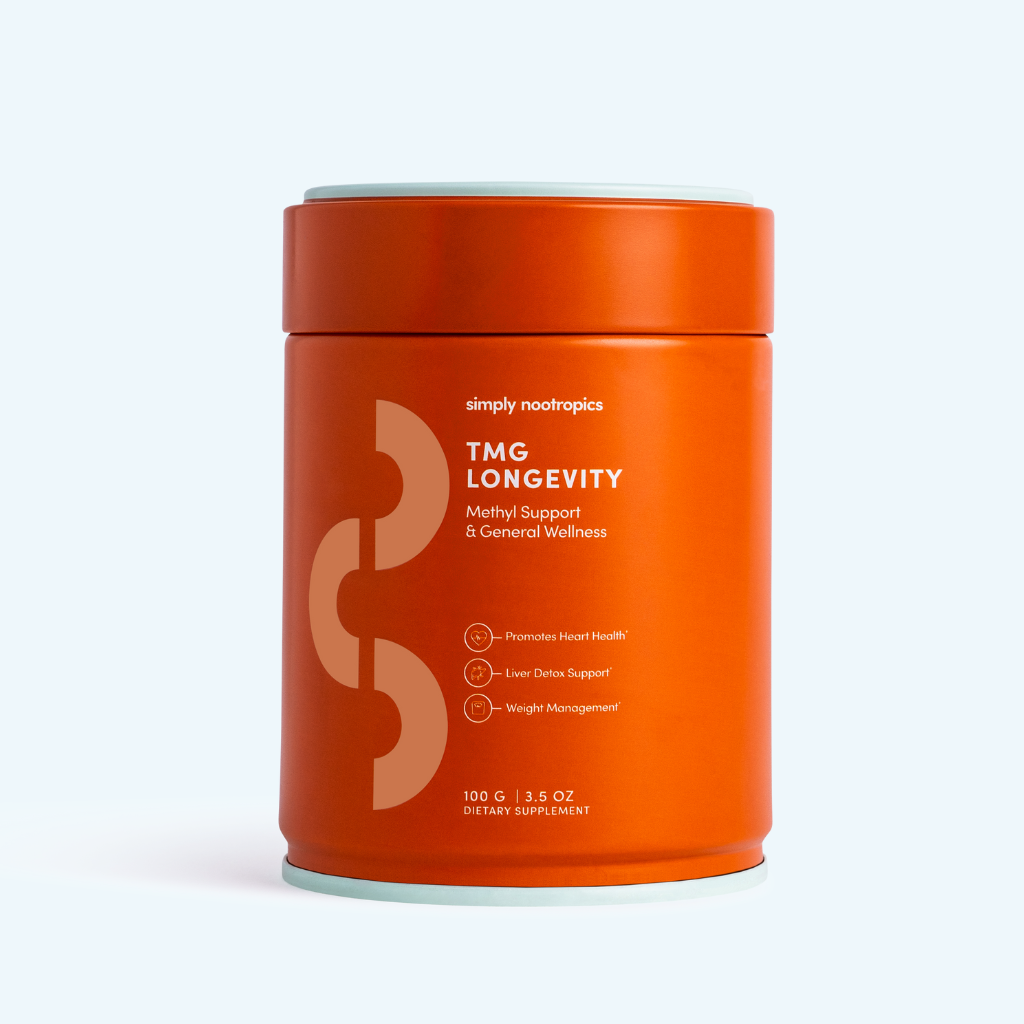We tend to blame stress, screens, or a lack of exercise when our sleep goes off track, but there’s another factor that often flies under the radar: when you eat. It turns out your digestive system and your sleep system are more connected than you think, and what (and when) you eat could be the reason you’re tossing and turning at night.
Recent research in circadian biology has shown that meal timing can act as a “zeitgeber”, a German word meaning “time-giver.” These are environmental cues that help synchronise your body’s internal clock, alongside light exposure and physical activity. And when your eating schedule is out of sync, your sleep can be too.
Your Gut Has a Clock, Too
By now, we’re all familiar with the concept of a circadian rhythm: the internal body clock that controls your sleep-wake cycle. But circadian rhythms don’t just affect your brain. Every cell in your body operates on a rhythm, including your gut.
In fact, your digestive system has its own peripheral clock, which works best when your meals are eaten in alignment with your body’s natural rise-and-fall cycles. Disrupting that clock, say, by eating a heavy meal late at night, can throw off the signals that tell your body it’s time to wind down.
Late-night eating doesn’t just mess with digestion. It also delays the release of melatonin, the hormone that helps you feel sleepy. This means your internal systems may be wide awake, even if your brain is begging for bed.
Insulin Spikes and Sleep Disruption
One of the lesser-known effects of eating too close to bedtime is how it messes with your blood sugar. When you eat, especially carbohydrates or sugar, your insulin levels spike to help process the glucose. This spike can delay the release of melatonin and disrupt the normal progression into deep, restful sleep.
Even worse, your blood sugar often drops a few hours after eating, which can cause a surge in cortisol, the stress hormone that wakes you up. If you regularly wake in the middle of the night feeling wired or slightly anxious, this blood sugar crash might be why.
And it’s not just about sugar. Fatty meals or overeating late at night can trigger the same pattern by keeping your digestive system in overdrive when it should be slowing down.
The Case for an Early Dinner
Research increasingly supports the idea that earlier, lighter dinners support better sleep and metabolic health. In one clinical trial, participants who ate dinner later in the evening had higher nighttime glucose and insulin levels in a way that promotes obesity.
This is because the body functions better when there’s a clear window between the last meal of the day and bedtime, usually around 2–3 hours. That gives the digestive system enough time to slow down, which signals to the brain that it’s safe to power off, too.
What’s more, people who follow a consistent eating window (such as intermittent fasting or time-restricted eating) often report better sleep. Not because they’re eating less, but because they’re giving their internal systems a clear rhythm to follow.
But What If You’re a Night Owl or Shift Worker?
Eating earlier doesn’t mean much if your schedule doesn’t allow it. Night owls, shift workers, or people who work irregular hours might find it unrealistic to finish dinner by 6:30 pm.
In those cases, it’s less about following someone else’s rhythm and more about establishing a consistent one of your own. That means eating at regular times, even if they’re later than average, and avoiding erratic food patterns.
For those who do eat later, it helps to focus on meals that are easier to digest: think protein and fibre over fat and sugar. A plate of salmon and vegetables will sit very differently in your stomach than a burger and chips at 10pm.
What to Eat (and What to Avoid) for Better Sleep
Meal timing matters, but so does meal content. Some foods naturally support the wind-down process, while others work against it.
Supportive evening foods:
-
Turkey: contains tryptophan, a precursor to melatonin
-
Pumpkin seeds: rich in magnesium and zinc
-
Leafy greens: help regulate blood sugar and calm the nervous system
-
Kiwi and tart cherries: may support natural melatonin production
-
Herbal teas: chamomile, valerian, or lemon balm can help relax the body
Foods to avoid late in the evening:
-
Sugar and desserts: spike and crash your blood sugar
-
Alcohol: might knock you out quickly, but disrupts sleep quality
-
High-fat meals: slow digestion and increase nighttime discomfort
-
Caffeine-containing items: even decaf chocolate or tea can be harmful
How to Reset Your Rhythm
If you suspect your eating schedule is impacting your sleep, you don’t need to make huge overnight changes. Start by shifting dinner 30 minutes earlier, or by committing to a 12-hour fasting window overnight (say, 8pm to 8am).
You can also try introducing a “cut-off” snack time, maybe a magnesium-rich smoothie around 7pm, and letting that be your body’s cue to start winding down.
Other tips to reinforce your internal clock:
-
Go to bed and wake up at the same time daily, even on weekends
-
Get natural light exposure early in the day
-
Move your body regularly, but avoid intense workouts too close to bed
-
Create a gentle evening wind-down ritual that includes dim lighting, quiet, and calm
Why We Overlook This
We’re conditioned to think of sleep as something that happens in the brain. So we chase mental fixes like meditation and screen breaks while ignoring the biological ripple effects of our daily choices.
But the truth is, your sleep begins long before you close your eyes. It starts in the morning when you wake, continues through your food and activity choices, and ends only when your body feels it’s safe and stable enough to let go.
That’s the thinking behind Genius Sleep: a non-sedative formula designed to work with your body’s natural processes, not override them. Genius Sleep combines calming compounds like Reishi Mushroom extract, L-Theanine, Magnesium Bisglycinate, Tart Cherry Extract, and others to support the regulation of neurotransmitters involved in sleep and memory. The goal isn’t to knock you out, but to help create the conditions for deeper, more restorative rest, especially on those nights when you need a little extra help.
















